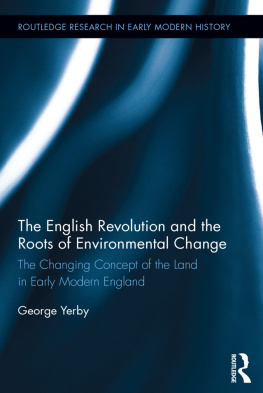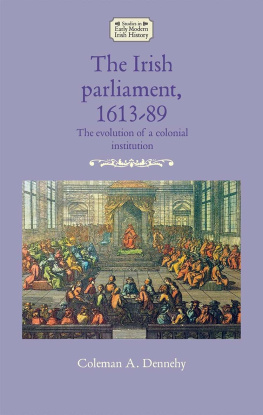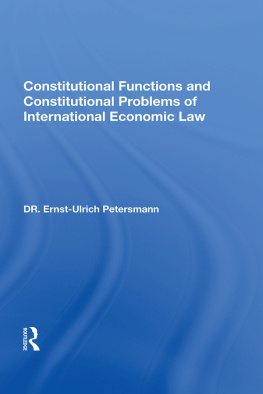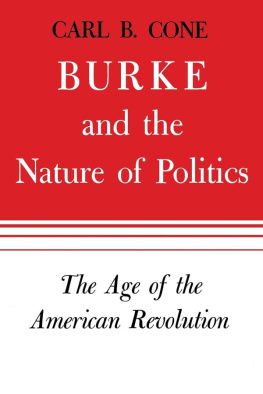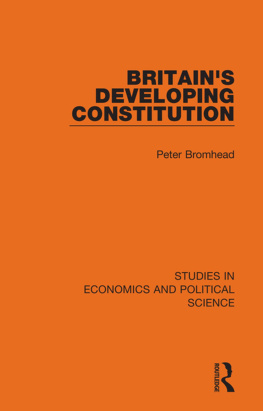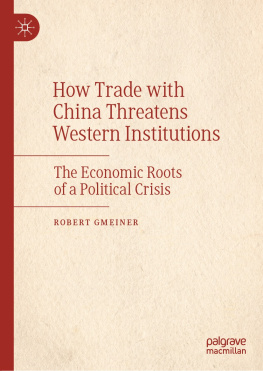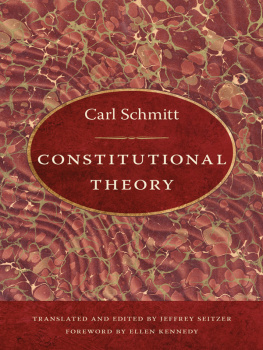George Yerby - The English Revolution and the Roots of Environmental Change: The Changing Concept of the Land in Early Modern England
Here you can read online George Yerby - The English Revolution and the Roots of Environmental Change: The Changing Concept of the Land in Early Modern England full text of the book (entire story) in english for free. Download pdf and epub, get meaning, cover and reviews about this ebook. year: 2015, publisher: Routledge, genre: Religion. Description of the work, (preface) as well as reviews are available. Best literature library LitArk.com created for fans of good reading and offers a wide selection of genres:
Romance novel
Science fiction
Adventure
Detective
Science
History
Home and family
Prose
Art
Politics
Computer
Non-fiction
Religion
Business
Children
Humor
Choose a favorite category and find really read worthwhile books. Enjoy immersion in the world of imagination, feel the emotions of the characters or learn something new for yourself, make an fascinating discovery.
- Book:The English Revolution and the Roots of Environmental Change: The Changing Concept of the Land in Early Modern England
- Author:
- Publisher:Routledge
- Genre:
- Year:2015
- Rating:3 / 5
- Favourites:Add to favourites
- Your mark:
The English Revolution and the Roots of Environmental Change: The Changing Concept of the Land in Early Modern England: summary, description and annotation
We offer to read an annotation, description, summary or preface (depends on what the author of the book "The English Revolution and the Roots of Environmental Change: The Changing Concept of the Land in Early Modern England" wrote himself). If you haven't found the necessary information about the book — write in the comments, we will try to find it.
This study brings a new perspective to a pivotal debate: the causes of the English Revolution. It pinpoints the economic motives behind the opposition to the crown, and shows their connection to the changing mind-set and political transitions of the time. Distinctively, it identifies the radicalism of the mercantile sphere, and the developing claim of freedom of trade, the basis on which parliament challenged the kings fiscal prerogative. Freedom of trade was associated with rights of consent, which were asserted as a guarantee of economic interests, and as a political principle. This informed the constitutional changes pushed through by parliament early in 1641, establishing freedom of trade by parliamentary control of the customs, and giving the assembly an automatic place at the center of affairs, the first requirement of representative government. Crucially, it was not the crown but parliament that appropriated the state interest, through an independent definition of national priorities. As England coalesced into a political and commercial unit, the open and communal patterns of medieval times were overlaid. The land itself came to be perceived and used in a different way. Freedom of trade had an agrarian aspect. An extended class of gentry and yeomanry occupied consolidated farms, displacing the smallholders from the common lands. With intensified marketing, the old moral restraints on trade and property died away. A more exploitative ethic undermined the balance of relationship with the land. The book makes an original connection between the English Revolution and the processes of environmental change.
George Yerby: author's other books
Who wrote The English Revolution and the Roots of Environmental Change: The Changing Concept of the Land in Early Modern England? Find out the surname, the name of the author of the book and a list of all author's works by series.

